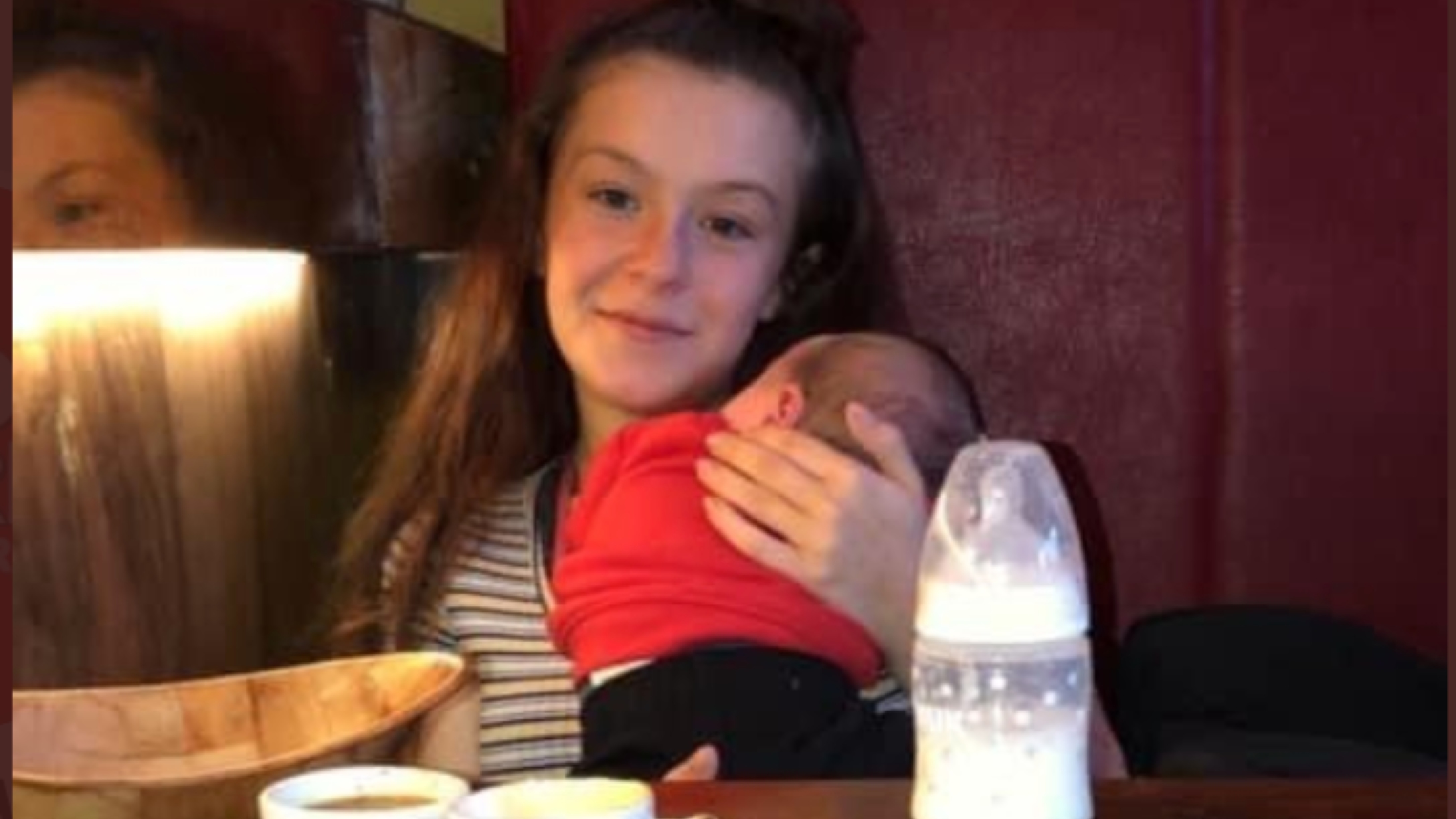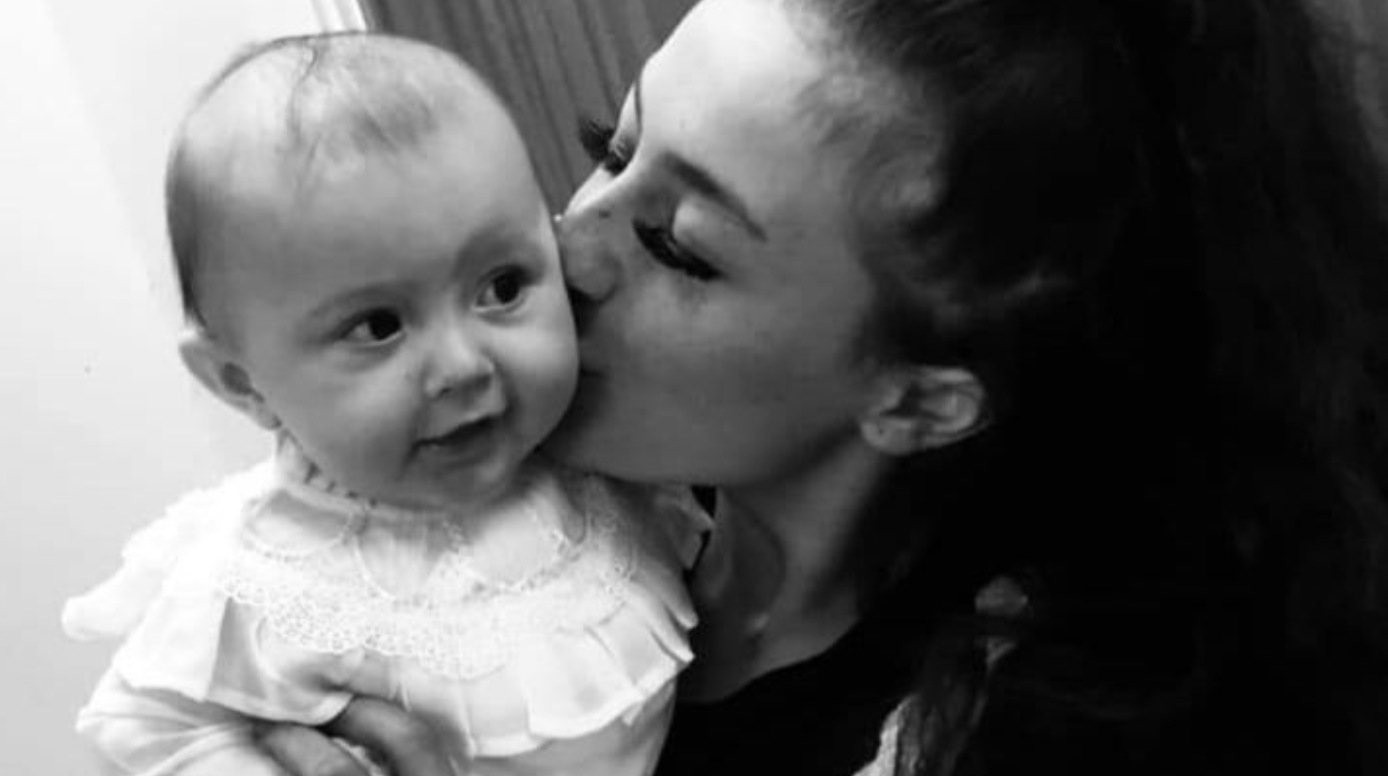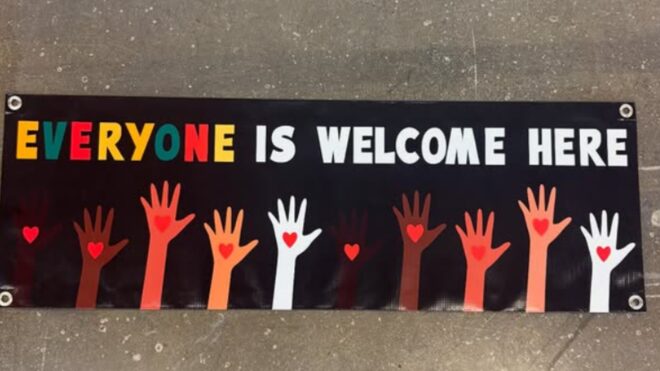
A young mother in Northern Ireland has tragically lost her battle with postpartum depression, in what her family now calls a failure of the system. Shaciara McDowell, 18, took her own life on September 7, just a month after giving birth to her second child, according to The Daily Mail. Her family is speaking out about her shocking death to raise awareness for postpartum depression and to highlight the lack of mental health support available for new mothers.
Shaciara was described as "brilliant and sassy."
Just four weeks before her death, the teen mom and her partner, Corey-Lee, who lived in Ballymena, welcomed a son named Cáhir. The couple were also parents to a daughter named Éire, who is 1.
When Shaciara was about three weeks postpartum, her sister, Vanessa, said she noticed a change in the young mom.
Vanessa said that her sister's PPD hit her "quite quick."
But speaking with Belfast Live, Vanessa, 27, said this wasn't Shaciara's first bout with the condition.
"She also suffered with post-natal depression with her first child and it too set in quick, and I think that is what's most upsetting, the system knew she suffered the first time and they should have just been there a lot more of her second time round," the grieving sister shared.
She may even have struggled with suicidal thoughts well before her death.
Back in May, Shaciara posted a birthday fundraiser on Facebook, asking for friends and family to donate whatever they could to the National Suicide Prevention Lifeline.
"I've chosen this charity because their mission means a lot to me, and I hope that you'll consider contributing as a way of celebrating with me," she wrote on May 7. "Every little bit will help me reach my goal."
Ultimately, her battle was a very private one.
According to The Daily Mail, Shaciara was one of nine siblings, and Vanessa says she wasn't one to "burden" others with her problems. Though she did mention feeling low, Vanessa said she never shared the depths of her despair.

"Even if she did bring it up she would be like, 'It's alright though, I'm fine,'" the sister recalled. "She didn't want to talk about it, but that's just the place she was in, in her head."
Vanessa never wants another mother to feel the way her sister did.
She's calling on new moms to speak up if they're feeling lost or hopeless, and to seek professional help as soon as possible.
"Don't buy into the stigma of medication makes you weak, if you have cancer you would treat yourself for that cancer, the brain is just as important, look after your brain," she told the Daily Mail.
That said, it isn't always easy to get help.
Even in the US, postpartum depression continues to be a health crisis rarely discussed. Access to proper mental health care is, quite frankly, a luxury — and moms without the means or the resources to get help quickly can fall through the cracks of the system.
It's estimated that between 10 and 20% of new mothers are affected by PPD, though in truth, the number could be much higher because many women go undiagnosed. According to Mental Health America, the condition can arise any time after childbirth and can last up to a year. Many mothers with PPD experience specific fears such as an excessive preoccupation with their baby's health or even intrusive thoughts of harming the infant.
"Given the stressful circumstances of caring for a new baby, it is understandable that new mothers may be more tired, irritable and anxious," the organization's website stated. "But when a new mother is experiencing drastic changes in motivation, appetite or mood she should seek the help of a mental health professional."
Typically, for patients to be properly diagnosed with the condition, they should be presenting symptoms for more than two weeks following childbirth.
Shaciara's family hopes that by sharing her story, they can also spread hope.
But in the meantime, they're grappling with the fallout of her sudden and devastating loss.
On a GoFundMe page set up shortly after her death, a friend of the late mother is asking for any donations, big or small, to help support the McDowells through this tragedy.
"Shaciara suffered from severe post natal depression and didn't get the help from the system that she needed along with so many other young girls and women," the page read. "This is to help the family with the unexpected costs and to support them through this devastating tragedy. Any support would be greatly appreciated."




